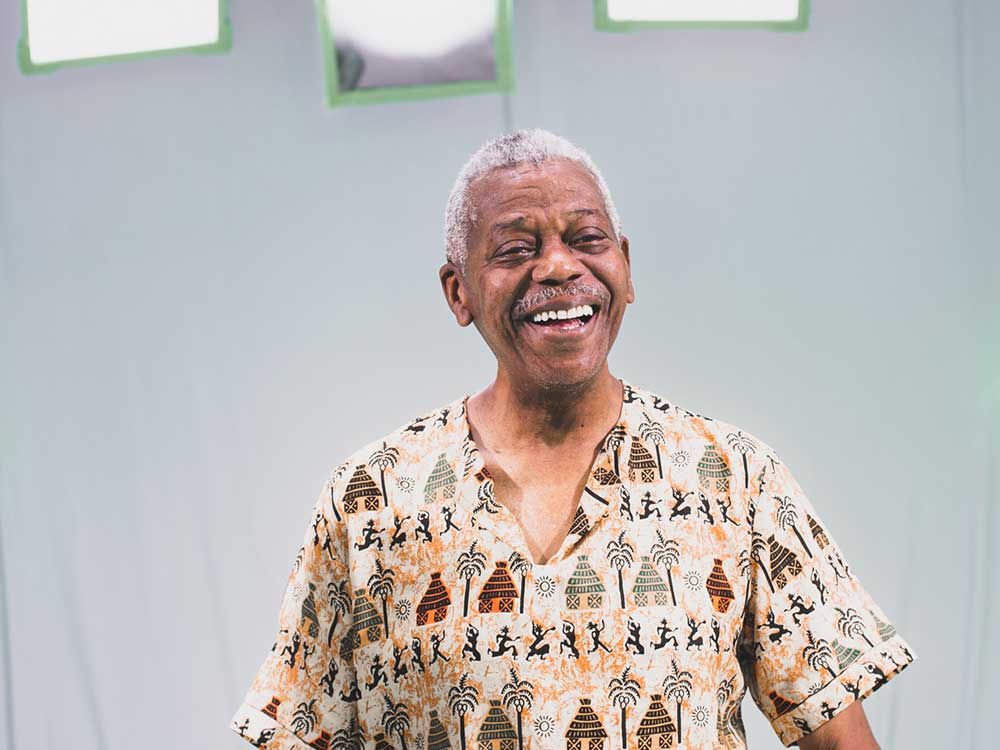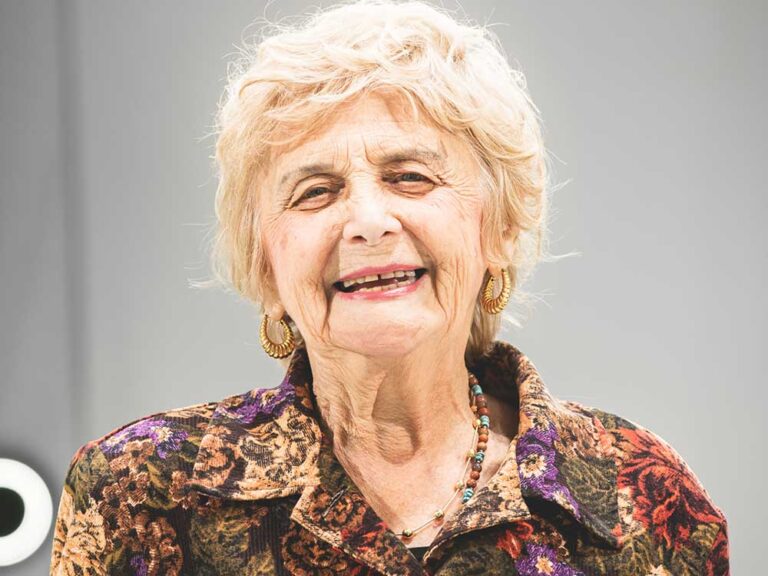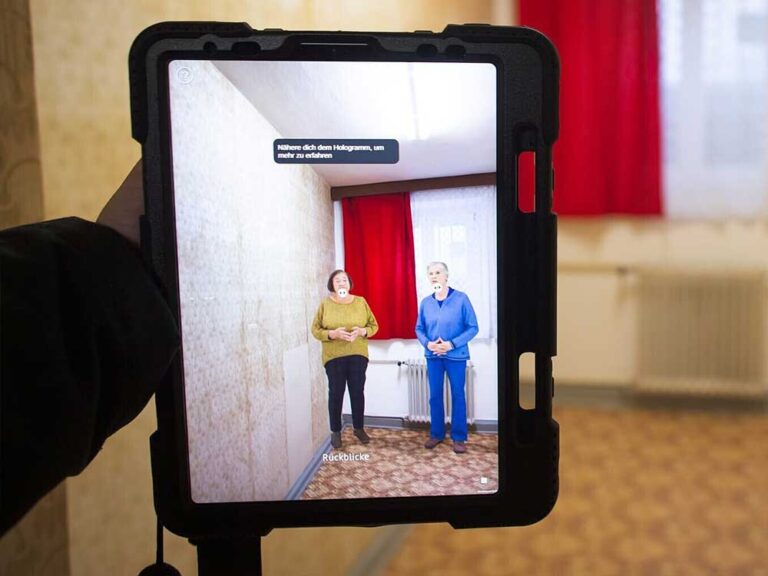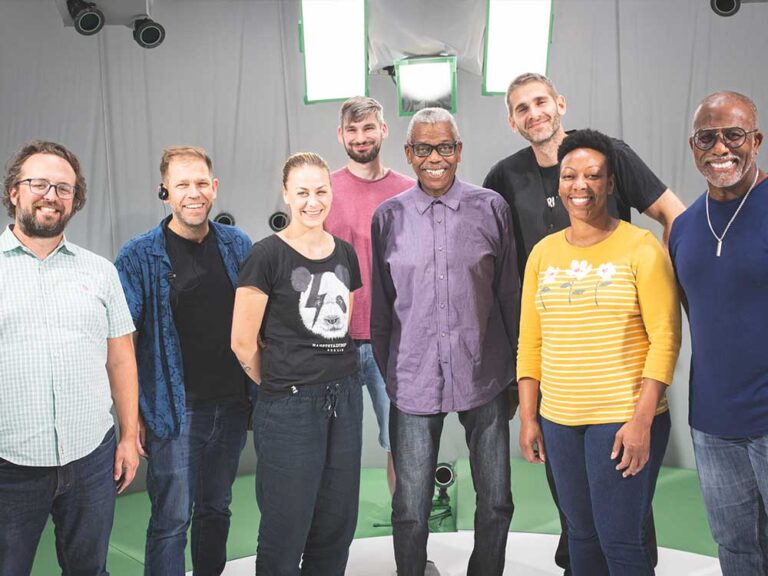A groundbreaking project capturing and curating the voices, presence, and wartime experiences of BIPOC expatriates using volumetric video.
The histories of Black, Indigenous, and People of Color (BIPOC) expatriates during times of war remain underrepresented in traditional archives. Many left the United States in search of safety, dignity, and equity—becoming artists, musicians, intellectuals, and soldiers whose lives were profoundly shaped by conflict and migration.
This project, funded by the National Endowment for the Humanities (NEH), explores how volumetric video—a state-of-the-art 3D capture technology—can preserve these overlooked stories with unprecedented authenticity. By recording storytellers in lifelike 3D, every gesture, expression, and emotion becomes part of the archive, allowing future generations to not just read about history, but experience it as presence.
Through case studies in Berlin/Potsdam at Volucap GmbH and at the University of Arizona’s Center for Digital Humanities, we demonstrate both the potential and the challenges of bringing this technology into research, teaching, and cultural preservation.

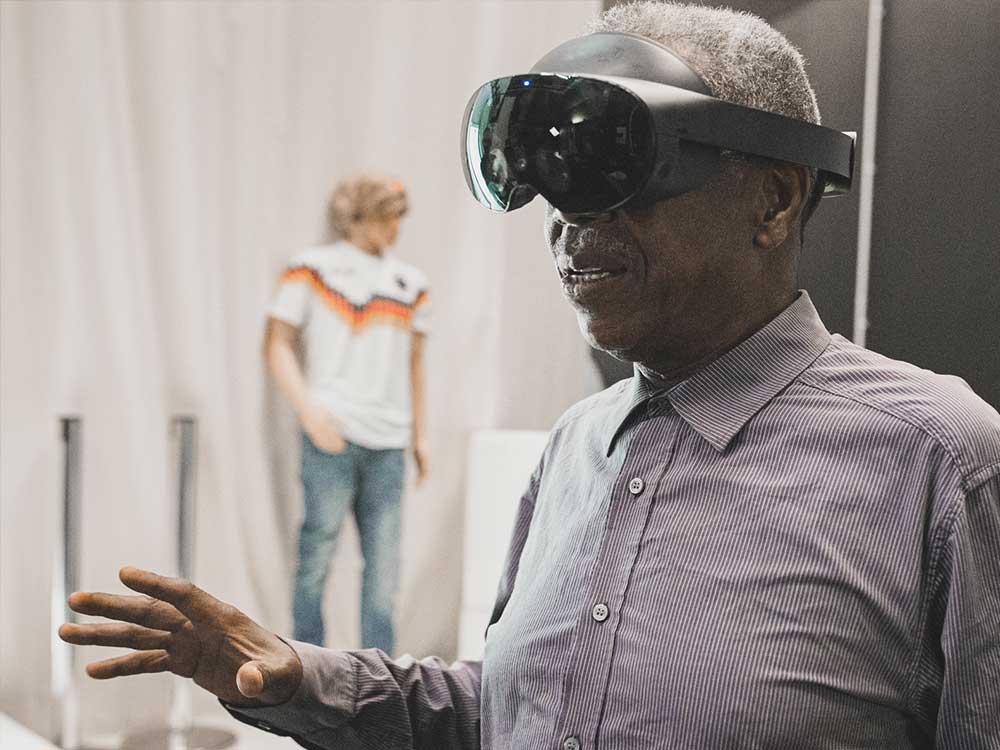
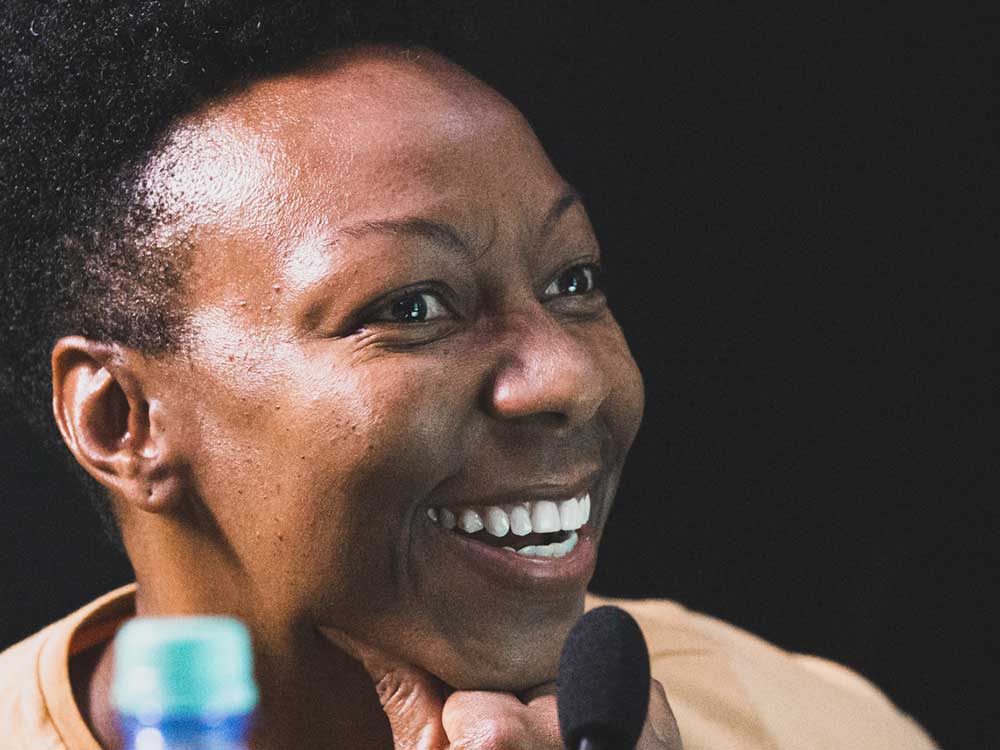
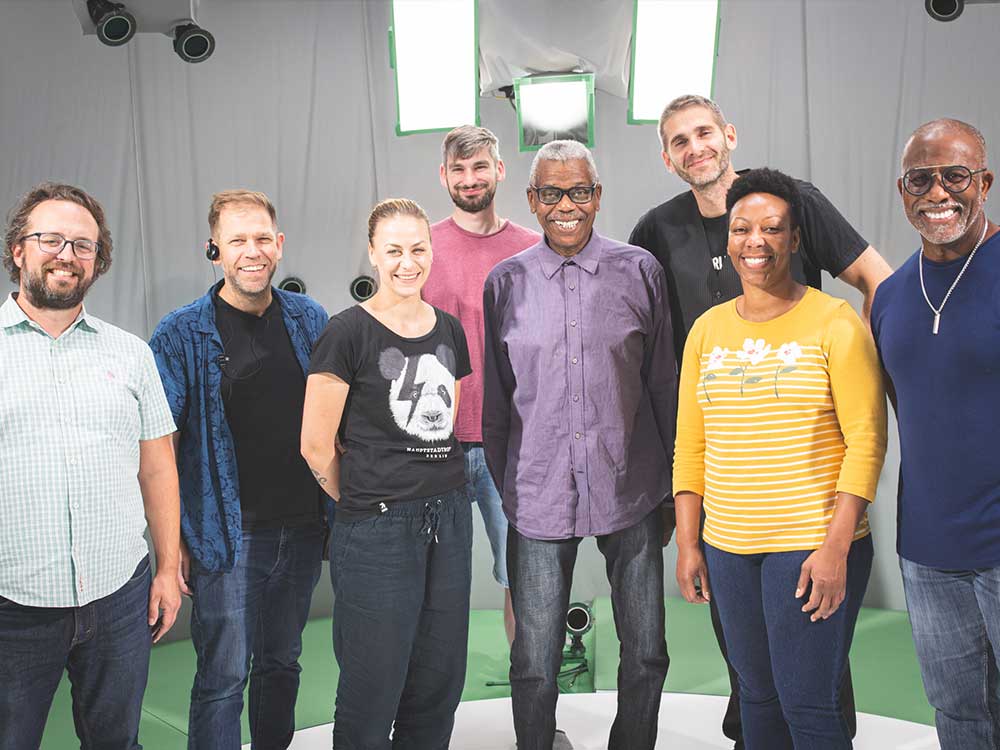
Project Partners & Team
Supported by: National Endowment for the Humanities (NEH), Digital Humanities Advancement Grant
Principal Investigator: Dr. Bryan Carter (University of Arizona, Director, Center for Digital Humanities)
Co-Principal Investigators:
Dr. Rashida Braggs (Williams College, Professor of Africana Studies)
Dr. Zack Lischer-Katz (University of Arizona, Assistant Professor of Digital Preservation and Curation)
Industry Partner: Volucap GmbH, Potsdam/Berlin – a world-leading volumetric video capture studio
Why It Matters
Sets a model for archival practices and ethical curation of volumetric video.
Brings forward voices historically marginalized in the wartime record.
Uses cutting-edge digital humanities tools to ensure long-term access and preservation.
Creates immersive learning experiences that connect students and audiences to history in new, powerful ways.
